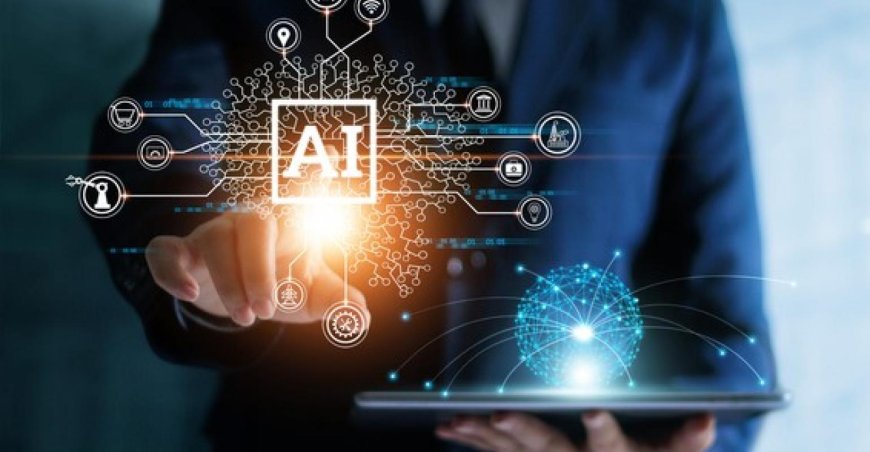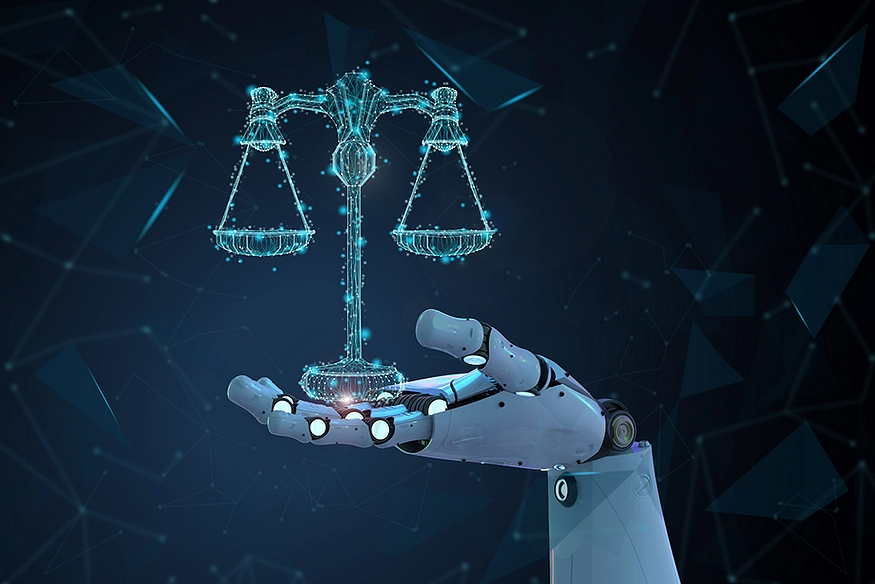With the rise of Artificial Intelligence (AI) in our society, some are seeing stands as one of the most transformative technologies of our time, reshaping industries, revolutionizing workflows, and redefining the boundaries of human ingenuity. From personalized recommendations to autonomous vehicles, the applications of AI are vast and diverse. However, amidst the awe-inspiring potential lies a nuanced landscape of pros and cons. In this blog post, we’ll delve into the multifaceted nature of AI, exploring its benefits and drawbacks as we navigate the complexities of this groundbreaking technology.
The Pros of Artificial Intelligence
1. Efficiency and Automation
One of the primary advantages of AI is its ability to strçamline processes and automate tasks that were once labor-intensive and time-consuming. From data analysis to customer service, AI-powered systems can perform tasks with unprecedented speed and accuracy, freeing up human resources to focus on higher-level strategic initiatives.
2. Enhanced Decision Making
AI algorithms are adept at processing vast amounts of data and extracting meaningful insights. By analyzing patterns and trends, AI systems can assist decision-makers in making more informed and data-driven choices. From financial forecasting to medical diagnosis, AI empowers professionals across various domains to make decisions with greater precision and confidence.
3. Personalization and Customization
AI-driven personalization is revolutionizing the way products and services are delivered to consumers. By leveraging data analytics and machine learning algorithms, companies can tailor offerings to individual preferences and behaviors, enhancing customer satisfaction and loyalty. From curated recommendations to adaptive user interfaces, AI enables hyper-personalized experiences that resonate with users on a deeper level.
4. Innovation and Discovery
AI serves as a catalyst for innovation, driving breakthroughs in science, medicine, and technology. Through techniques such as deep learning and neural networks, researchers can uncover insights and solutions to complex problems that were previously beyond the realm of possibility. From drug discovery to climate modeling, AI is fueling scientific discovery and pushing the boundaries of human knowledge.

The Cons of Artificial Intelligence
1. Ethical and Social Implications
As AI becomes increasingly integrated into society, ethical and social considerations come to the forefront. Concerns regarding privacy, bias, and autonomy raise important questions about the responsible development and deployment of AI systems. From algorithmic discrimination to surveillance technologies, the ethical implications of AI demand careful consideration and oversight to ensure that its benefits are equitably distributed and its risks mitigated.
2. Job Displacement and Economic Disruption
The rise of AI-driven automation has sparked fears of job displacement and economic disruption. As AI systems become capable of performing tasks traditionally performed by humans, certain industries may experience significant shifts in employment dynamics. While AI has the potential to create new opportunities and industries, policymakers and stakeholders must address the challenges of retraining displaced workers and fostering inclusive economic growth.
3. Dependence and Reliability
The increasing reliance on AI systems raises concerns about their reliability and resilience. From algorithmic biases to unforeseen failures, AI systems are susceptible to a range of vulnerabilities that can have far-reaching consequences. Ensuring the robustness and integrity of AI systems requires rigorous testing, validation, and ongoing monitoring to mitigate risks and maintain trust in their capabilities.
4. Existential Risks
At the extreme end of the spectrum lie existential risks associated with the development of advanced AI systems. The prospect of superintelligent AI—systems that surpass human intelligence—raises profound questions about the future of humanity. From unintended consequences to potential existential threats, the pursuit of artificial general intelligence (AGI) demands careful consideration of its long-term implications for society and civilization as a whole.
Conclusion
Artificial Intelligence is a double-edged sword, offering unprecedented opportunities for innovation and advancement while posing complex challenges and risks. As we harness the power of AI to tackle pressing global issues and drive economic growth, it is imperative that we approach its development and deployment with caution and foresight. By leveraging its strengths while mitigating its weaknesses, we can unlock the full potential of AI to create a more prosperous, equitable, and sustainable future for all.

